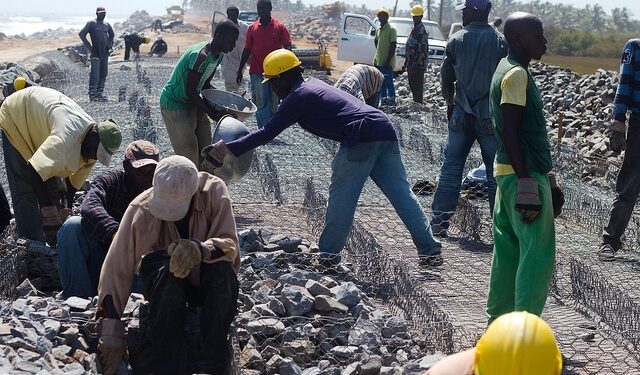A recent Gallup report has revealed that Ghana stands as the 4th most stressful country for workers in Sub-Saharan Africa, shedding light on the daily stress experienced by Ghanaian workers, a trend that resonates across the region.
Leading the list is Chad, where workers face the highest levels of daily stress, followed closely by Uganda, Tanzania, and Sierra Leone. Notably, the report also flags Senegal, Nigeria, Guinea, Togo, and Cameroon among the top ten countries grappling with stressed workers.
According to the survey, 46 per cent of Sub-Saharan African workers report experiencing daily stress, with a slightly higher percentage among female workers at 48 per cent compared to 45 per cent among male workers.
Despite global strides in recovering from the pandemic, the Gallup report underscores that employee stress levels remain alarmingly high. It notes that 44 per cent of employees reported significant stress the previous day, matching the record high observed in 2021 and indicating a persistent trend of increased stress over nearly a decade.
Gallup emphasises that amidst navigating an uncertain economic landscape, organizational leaders must grapple with the adverse effects of employee stress on productivity and performance. The survey suggests that employee engagement plays a pivotal role in alleviating stress levels, with a 3.8 times greater influence than work location.
In response to the findings, Gallup highlighted the value of remote work in fostering autonomy and wellbeing, which modern workers highly prioritise. However, it also underscored the importance of the office as a space for social bonding, development, and cultural cohesion within organisations.
Gallup’s methodology involves surveying 1,000 individuals in each country, employing a standard set of core questions translated into major local languages. The data, reflecting responses from adults aged 15 and older employed for any number of hours, aim for national representativeness through probability-based samples and meticulous data weighting techniques.


